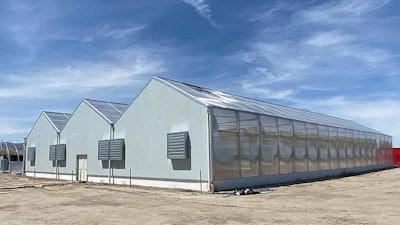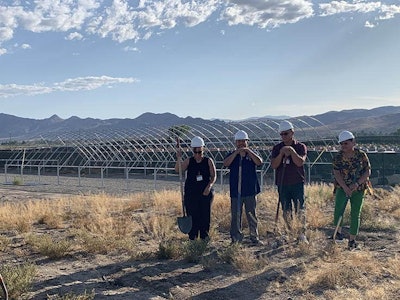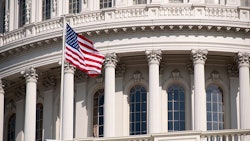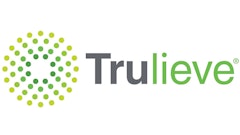
As U.S. states and municipalities responded to the COVID-19 pandemic, Nevada’s tribal communities crafted their own approach to social distancing and flattening the curve, and tribal cannabis businesses have not been immune to the challenges that much of the industry has experienced during this unprecedented crisis.
At the start of the pandemic, many of Nevada’s tribes declared a state of emergency and closed their borders to limit the number of visitors and minimize outside contact, Laurie Thom, enforcement director for the Inter-Tribal Marijuana Commission (ITMC) tells Cannabis Business Times.
The ITMC is an oversight commission for the Tribal Marijuana Enforcement Division, which regulates Nevada’s tribal cannabis industry. The commission currently has representation from the Ely Shoshone, Lovelock Paiute, Walker River Paiute and Yerington Paiute tribes.
“We are helping tribes enter this industry with compliance, safety and good foresight, trying to always look ahead be ready for that next change because the cannabis industry changes so fast, and it is hard for tribes to stay abreast of what’s going on on their own,” Thom says.

The ITMC consists of an administrative division, which reviews and distributes Nevada’s cannabis regulations to the tribes for approval, and an enforcement division, which ensures businesses maintain compliance with each tribe’s rules.
“Each tribe has their law and order code and it’s unique to their community, their tribe,” Thom says. “It’s whatever their tribal council decides is necessary … to protect their land and provide for the health and safety of their [tribe].”
The ITMC’s operations have been continuing as normal, for the most part, Thom says, and tribal cannabis facilities have adjusted their business models to keep staff and customers safe.
“The enforcement agents have been proactive in their response to social distancing and the measures that the dispensaries are taking to help flatten the curve here in Nevada,” Thom says.
Some retailers, such as Winnemucca’s White Knife dispensary, have implemented drive-thru services, while others are controlling the flow of traffic by allowing only one customer inside the store at a time. Many dispensaries have also set certain times for elderly and immune-compromised patients to shop, Thom adds, to help protect these more vulnerable populations.
While sales have largely remained steady, Thom says some dispensaries are seeing a slight decrease in sales as the pandemic continues to keep customers and patients confined to their homes.
“I think there has been a decrease, but I can’t attribute it to one thing, except maybe it’s just inconvenient at this point for individuals, or it could be that they don’t have a job to go to and so they don’t have the funds to be able to purchase products or their medicine,” Thom says.
As with the rest of the U.S. cannabis industry, tribal businesses do not currently have access to the economic aid included in recent federal stimulus packages, Thom says, leaving many to simply weather the storm.
“Supplies are short, and the federal dollars take forever to come in because they’re always last on the list when it comes to whatever trickles down from the faucet,” she says.
Tribal Cannabis Consulting (TCC), a national firm specializing in Native American cannabis policy, has stepped in to coordinate and distribute donations for Nevada’s tribal businesses. The firm, which initially established the ITMC to oversee the tribal industry in Nevada, has helped many of the state’s tribes build their own unique cannabis programs, and is now helping provide them with supplies like N95 masks and hand sanitizer.
“I really have a big shoutout to the Tribal Cannabis Consulting team,” Thom says. “Before, when I was chairman of the Yerington Paiute tribe, they were able to donate … a food delivery vehicle for our elders, so they can receive their elder meals … delivered to their homes.”
As the COVID-19 outbreak quickly turned into a global pandemic, TCC urged the ITMC and its member tribes to implement precautionary measures even before Nevada’s governor issued an official stay-at-home order, Thom says.
“They were kind of ahead of the game, and there have been 12 different tribes that have received donations of N95 masks and hand sanitizer in this process,” she says.
Many tribes are now looking to grow vegetables in portions of their cannabis cultivation facilities under an emergency ITMC regulation to help support the food supply chain during the pandemic.
A Yerington Paiute dispensary is also conducting canned food drives, while a dispensary run by the Ely Shoshone tribe is donating a portion of its sales to the local Boys and Girls Clubs.
“They’ve always thought about ways to help the communities,” Thom says. “It’s a way of trying to not be a stigma of a cannabis dispensary; … it’s that community piece and showing compassion for the patients who [need] it."
























